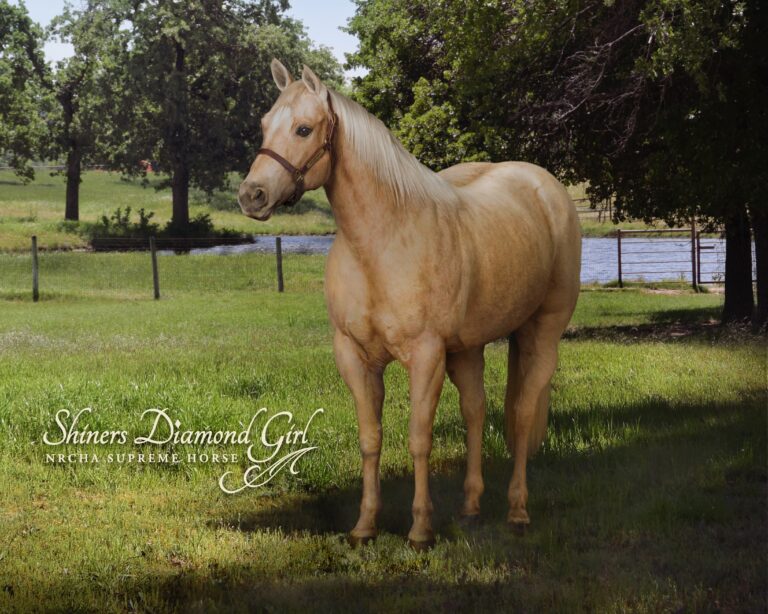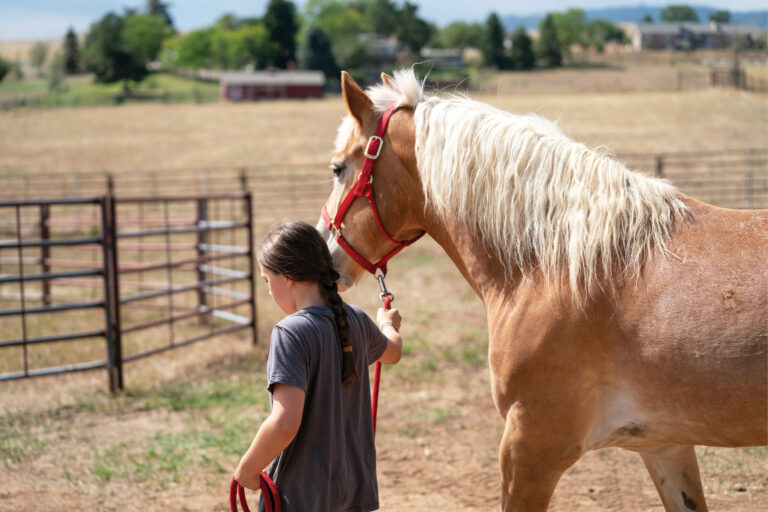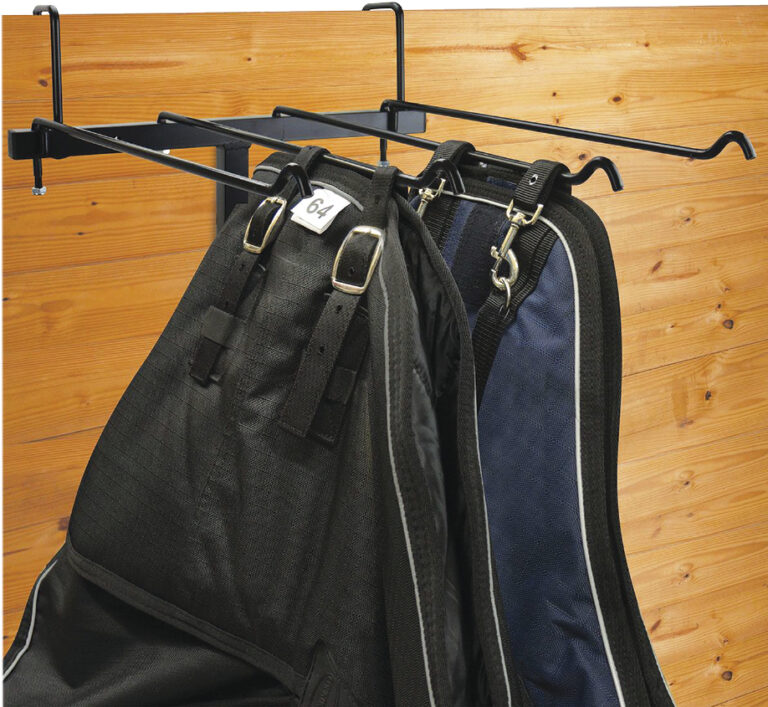H&R: Dr. Pipkin, can you give us a general overview of horse judging and how your team at West Texas A&M University approaches it?

Dr. Pipkin:Collegiate horse judging isn’t that much different than any other type of organized horse judging, be it youth or any other type.
Our team meets on a regular basis which is an advantage from a scheduling standpoint. In terms of what’s covered in those efforts, the consisten thing is reviewing rules and selection criteria–including the standards for different breeds’ classes. That emphasis varies depending on what the particular school, university, or judging program have an interest in and focus on.
At WTAMU, we have large focus on stock horse breeds. And because AQHA is one of the foundation breed associations connected with stock horse and they host major events, that’s largely where our focus is.
In more detail, rules from whichever associations are being addressed relative to shows and classes and how they’re conducted. That also includes aspects of what show management’s role is at a horse show, other personnel that are important to a horse show (ring steward, show steward, judges). That’s all information that’s commonly covered. There’s an emphasis on animal welfare–this should be addressed significantly from a steward’s and judge’s perspective.
Those are the things I cover in courses I teach and activities I conduct.
H&R: Is the horse-judging team related to the curriculum or is it extra-curricular?
Pipkin: That varies from institution to institution. Here, it’s integrated at least at a minimal level with the curriculum. There’s one course that students earning an equine degree take that’s in selection and evaluation. Those who want to judge competitively use that as their background and then will participate as a co-curricular activity in a different semester.
H&R: How does the WTAMU horse-judging team prepare for competitions?
Pipkin: They spend a lot of time practicing their tools to make sure they’ve developed their skills evaluating horses. We spend a lot of time on team development, much more so than course development, in learning how to defend those decisions. In the horse competition world, that’s done in the form of oral reasons. In less than two minutes, they provide an organized, professional presentation that would be a rationale and justification of why they placed a set of horses they way that they did.
That really provides the life skill of development of oral speaking skills. They gain an ability to organize their thoughts and express them effectively. That’ll be used in many, many different settings once they leave the classroom. Including, going to the industry and as a part of judging, many organizations now request their judges to make some comments of critique on the classes they’ve evaluated.
Those skills will serve them way beyond whatever involvement they have in the horse world. There are many examples of students who’ve gone and used those skills when they left college.
H&R: Is previous horse experience a requirement to participate?
Pipkin: There have been many cases at all colleges where students have absolutely no background in judgin and have gone on and judged successfully and competitively at the college level. A student doesn’t have to have previous experience. They have to have an eagerness to learn, and they have to have a willingness to overcome and persevere over potential fears or inadequacies they may feel.
The judging part can be done pretty easily. Anyone who has any kind of background with horses can pick up that information quickly. Typically, the part of the exercise that requires more effort from the students (and a lot of times the part they back away from) is the oral presentation. Giving oral presentations is something that a lot of people don’t have a background in or are uncomfortable doing. However, those are some of the most important skills they’ll take with them.
We caught up with Dr. Pipkin at the 2013 All American Quarter Horse Congress, and he told us about how he got started as a judge. Watch it in the video below.






